ABC Suspends “Jimmy Kimmel Live!” Amid Controversy Over Charlie Kirk Remarks: A Deep Dive Into Free Speech and Media Dynamics

In a stunning move that has sent shockwaves through the American media landscape, ABC has indefinitely suspended its long-running late-night talk show, Jimmy Kimmel Live!, following controversial remarks made by its host, Jimmy Kimmel, regarding the late political commentator Charlie Kirk. The suspension, announced quietly but with immediate effect, has sparked widespread debate about media responsibility, censorship, and the intersection of politics and entertainment.
The controversy erupted during a recent episode of Jimmy Kimmel Live!, when Kimmel used his opening monologue to address the aftermath of Charlie Kirk’s untimely death. Known for his sharp wit and occasionally provocative commentary, Kimmel criticized supporters of former President Donald Trump—particularly those aligned with the “Make America Great Again” (MAGA) movement—for allegedly exploiting Kirk’s death for political gain. Specifically, Kimmel suggested that certain individuals and groups were attempting to manipulate public perception by framing the shooter as being affiliated with an opposing political faction.
While Kimmel’s remarks were intended as satirical commentary, they immediately ignited backlash across multiple sectors of the media and political landscape. Local television stations, particularly those owned by Nexstar Media Group, were among the first to react. Nexstar, which operates over 300 television stations across the United States and holds significant influence as one of ABC’s largest affiliates, announced that it would cease broadcasting
The decision by Nexstar placed immense pressure on ABC, the network that produces and airs

The suspension of Jimmy Kimmel Live! has prompted an intense national discussion, drawing commentary from celebrities, politicians, and media analysts. On one hand, former late-night host David Letterman criticized ABC’s decision as an example of “media management” and warned that such actions could set a dangerous precedent for censorship. In Letterman’s view, networks are increasingly prioritizing corporate and political interests over genuine journalistic or creative freedom, raising concerns about the integrity of public discourse.
Meanwhile, former President Donald Trump praised ABC’s suspension, characterizing Kimmel’s remarks as “horrible” and asserting that the network’s response was justified. Trump and other conservative figures framed the incident as yet another example of liberal bias in mainstream media, arguing that late-night shows frequently engage in politically charged commentary without facing similar repercussions.
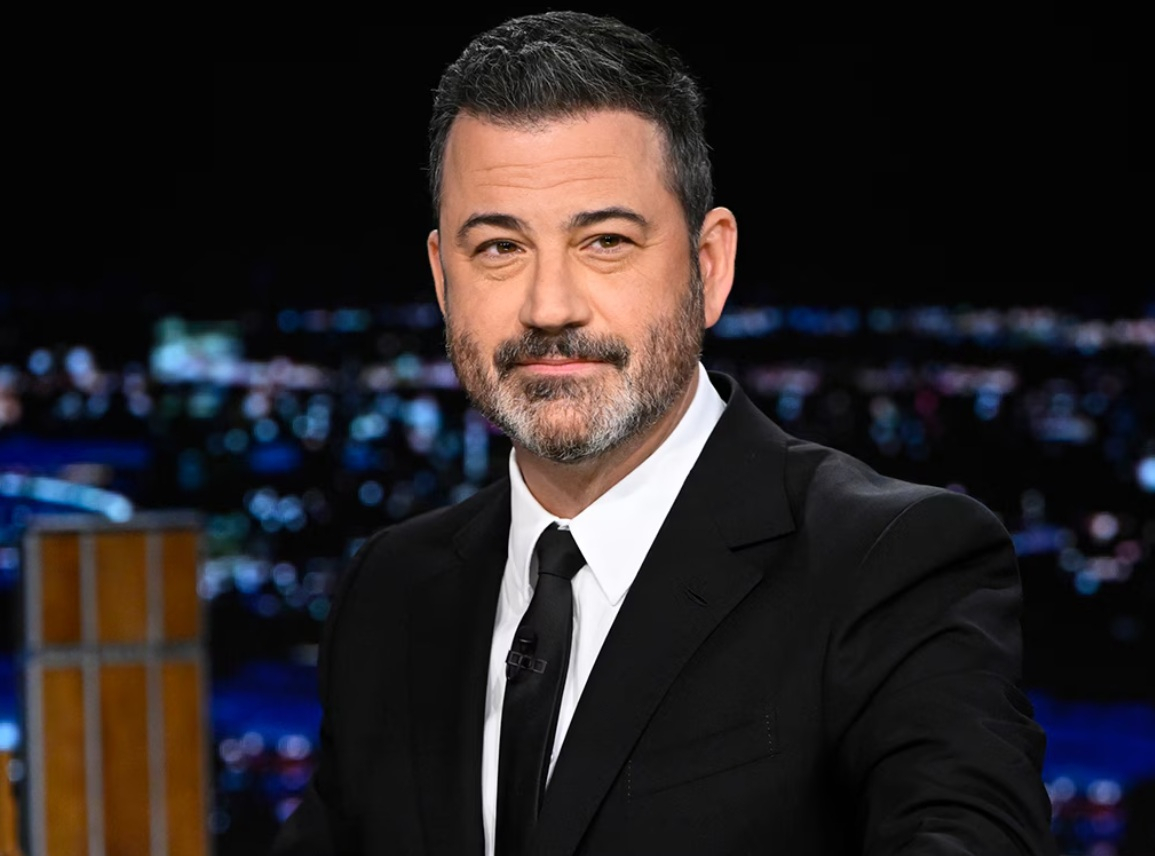
The debate over Kimmel’s comments and the subsequent suspension of his show highlights a deeper tension in contemporary American media: the balance between free expression and perceived social responsibility. Late-night hosts, traditionally viewed as entertainers rather than journalists, often navigate a delicate line between humor, political critique, and commentary on current events. When these figures make statements that touch on sensitive political or social issues, the consequences can be swift and multifaceted.
Support for Kimmel has also emerged from his peers in late-night television. Hosts such as Jimmy Fallon and Stephen Colbert publicly expressed solidarity, emphasizing that the indefinite suspension raises concerns about editorial freedom and the chilling effect it could have on comedy and public discourse. Colbert, known for his own politically infused commentary on
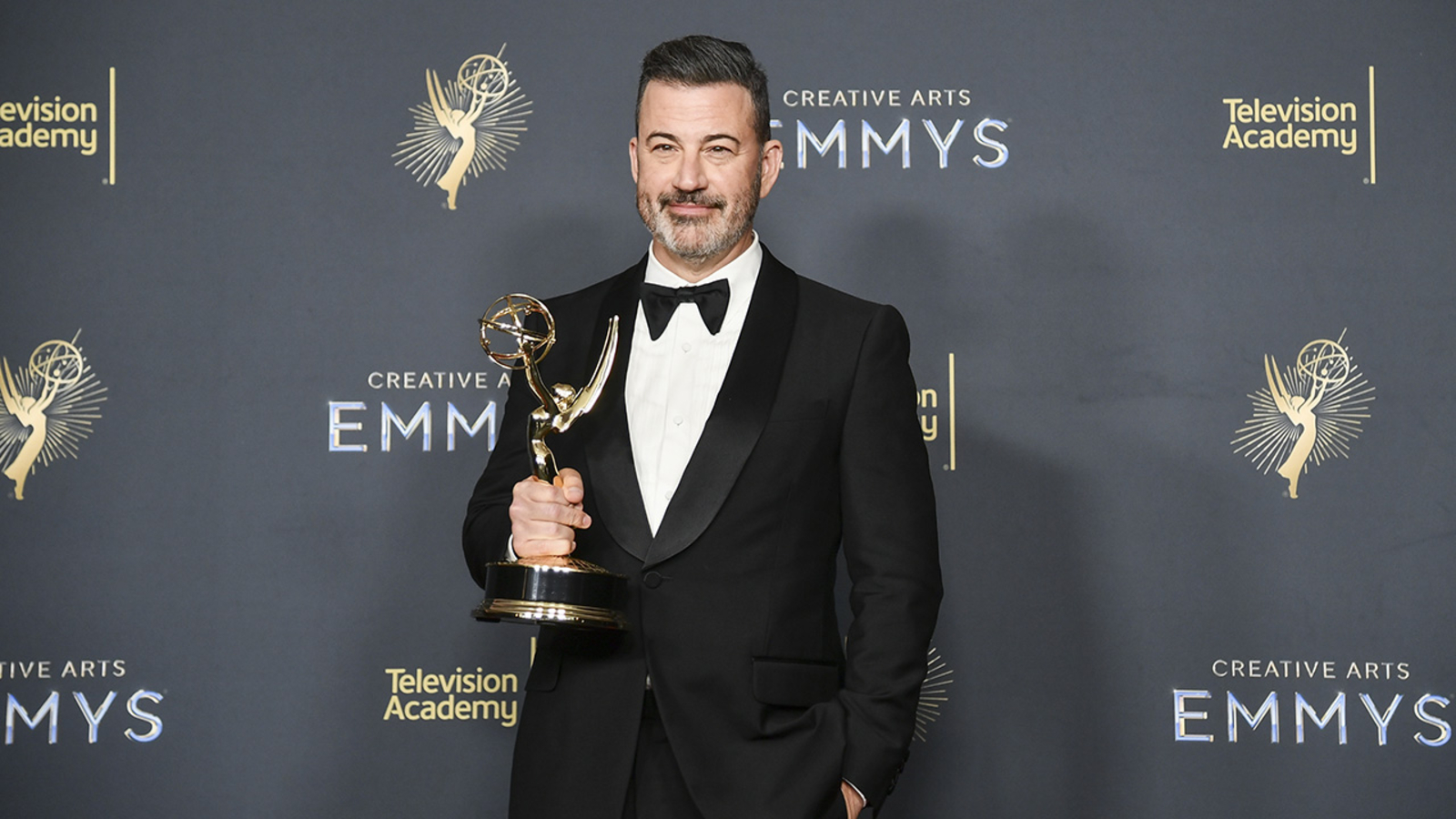
This controversy has also reignited broader debates over the role of media corporations in shaping public narratives. ABC, as part of a major entertainment conglomerate, must balance competing interests: preserving its relationship with affiliates like Nexstar, maintaining advertiser confidence, and navigating the highly polarized political landscape. The network’s decision to suspend Kimmel, while perhaps pragmatic from a business perspective, has been interpreted by critics as a capitulation to political and corporate pressure, further fueling the conversation about the commercialization and politicization of news and entertainment.
Observers have noted that the incident underscores the challenges of commentary in an era dominated by social media amplification and instant public scrutiny. Platforms like Twitter and X now serve as both accelerants and magnifying lenses, ensuring that any controversial statement can rapidly reach millions of users, provoke viral debate, and generate immediate backlash. For media figures, this environment increases both the visibility of their commentary and the potential consequences of their words.
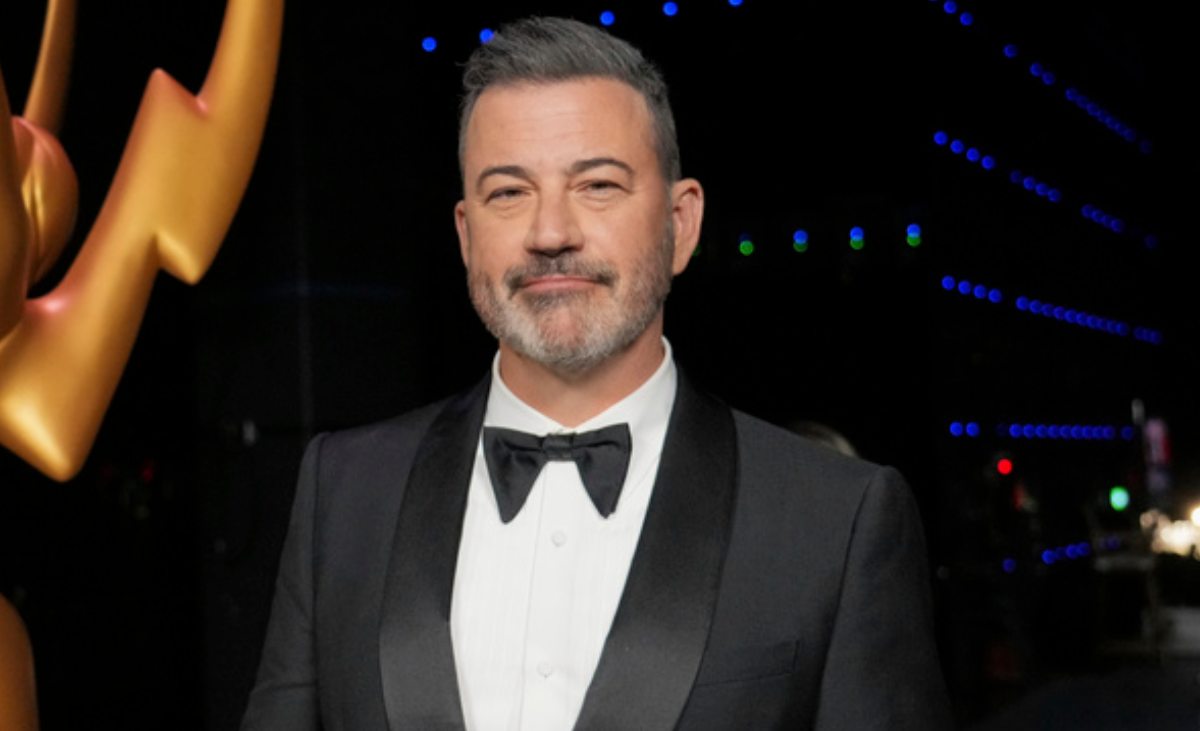
Kimmel himself reportedly confided to friend and fellow media personality Adam Carolla that he is experiencing a “strange period,” reflecting both personal frustration and uncertainty about his professional future. Insiders suggest that Kimmel is grappling with the dual pressures of public criticism and corporate decision-making, highlighting the emotional toll that such controversies can exert on high-profile media personalities.
Beyond the immediate implications for Kimmel and ABC, this incident has broader significance for the evolving relationship between politics and entertainment in the United States. Late-night talk shows have long served as platforms for political satire and critique, often shaping public perception through humor and commentary. The suspension of a major program like
Media analysts have pointed out that the Kimmel controversy exemplifies the growing phenomenon of “content accountability” in real time. Networks and corporations are increasingly scrutinized not only for the content they produce but also for the social and political ramifications of that content. In some cases, this scrutiny can lead to swift punitive action, as seen with ABC’s suspension of Kimmel. While such accountability can encourage responsible reporting and thoughtful commentary, it also poses risks of overcorrection, where creative voices may self-censor out of fear of backlash or corporate reprisal.
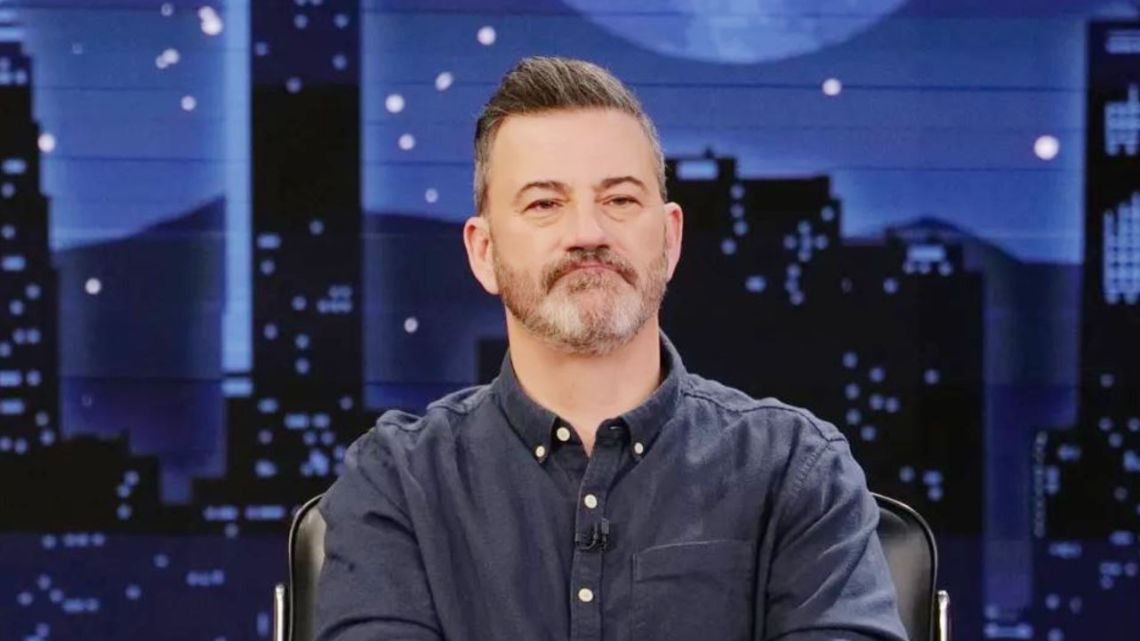
The national conversation surrounding this suspension is likely to continue for months, if not years. Questions abound: Should late-night hosts be held to the same standards of factual accuracy as news anchors? Does satire have a protected place in public discourse even when it offends certain groups? How should networks balance the need for affiliate compliance with the imperative to protect creative and journalistic freedom? These questions reflect the broader challenges of navigating a media ecosystem that is simultaneously commercial, political, and deeply polarized.
Public reaction to the suspension has been equally polarized. Conservative commentators have lauded ABC’s decision, framing it as a correction to perceived bias and misinformation. Liberal and progressive voices, by contrast, have criticized the move as an overreach, suggesting that networks are prioritizing appeasement of powerful political entities over the cultivation of open dialogue. Social media platforms have become a battleground for these debates, with hashtags both supporting and condemning Kimmel trending within hours of the announcement.
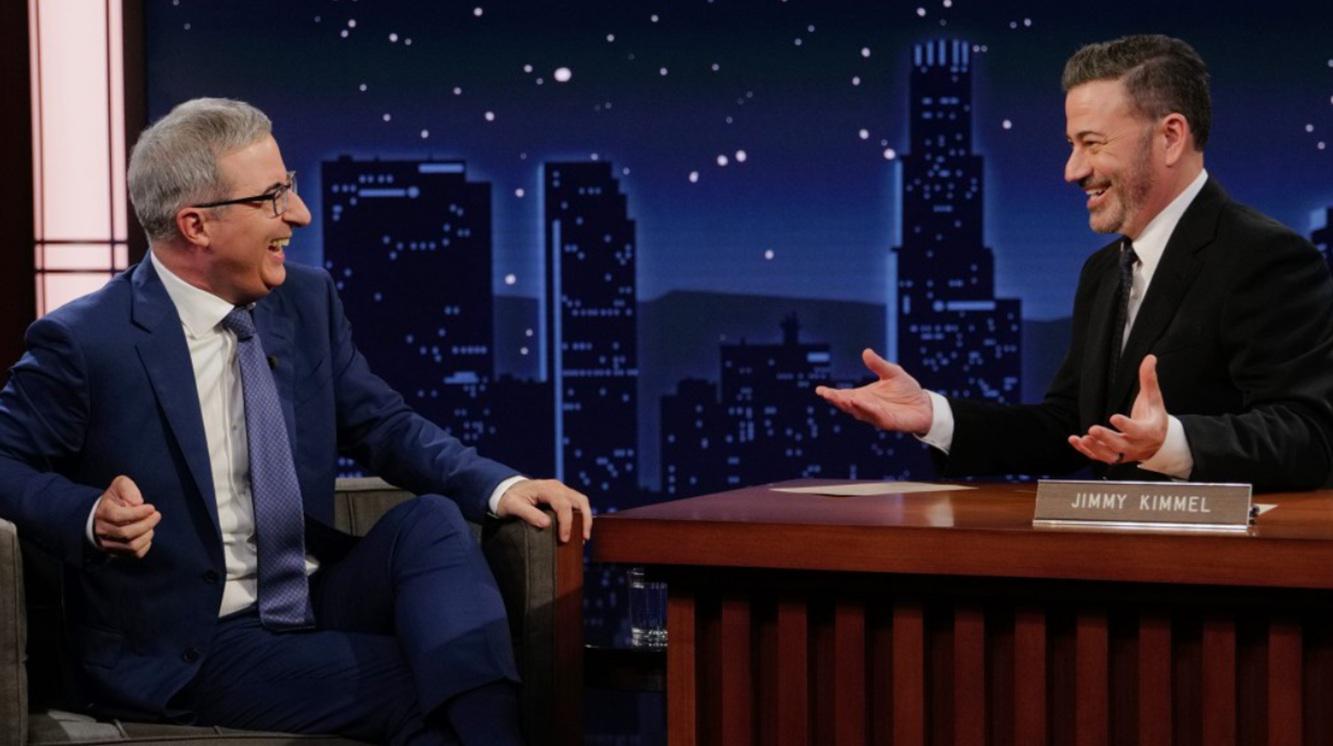
One of the most striking elements of this controversy is its reflection of the broader challenges facing American media in 2025. Networks are navigating unprecedented scrutiny from regulators, political figures, social media, and public opinion simultaneously. The suspension of a high-profile program like
At the heart of the debate lies a question central to democratic society: where should the line be drawn between free expression and responsible commentary? Jimmy Kimmel’s remarks about Charlie Kirk, whether viewed as satirical critique or offensive commentary, have ignited a conversation about this very boundary. The reactions from Nexstar, ABC, the FCC, and public figures illustrate the complex web of interests and pressures that shape media content in contemporary America.
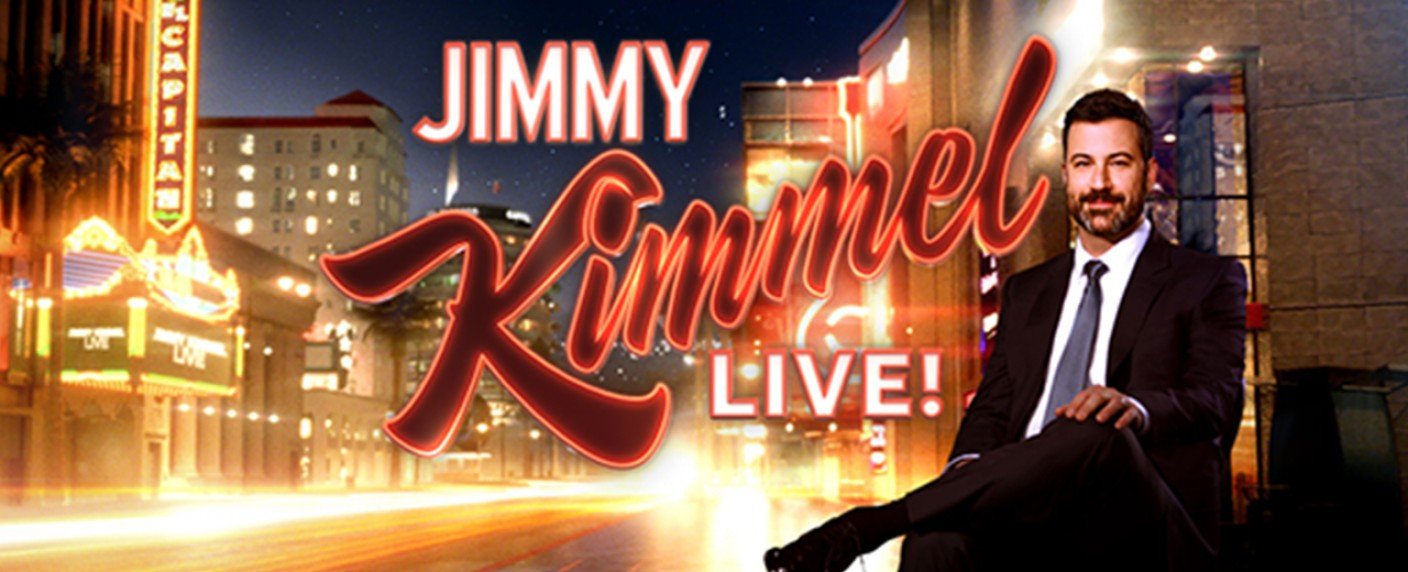
Looking ahead, the future of Jimmy Kimmel Live! remains uncertain. Industry insiders suggest that while Kimmel may eventually return to the airwaves, the conditions for such a comeback could involve new restrictions or oversight measures designed to prevent similar controversies. The suspension may also prompt other late-night hosts to reconsider the scope and tone of their commentary, potentially reshaping the landscape of political satire in American television.
In conclusion, the indefinite suspension of Jimmy Kimmel Live! marks a watershed moment in the intersection of media, politics, and public discourse. It raises pressing questions about the responsibilities of entertainers, the influence of political and corporate pressures on content, and the delicate balance between satire and sensitivity. As the debate continues, the Kimmel controversy will likely serve as a case study in the challenges of creative freedom, the complexities of modern media, and the evolving role of late-night television in shaping political conversation.

The incident also underscores the enduring importance of free speech in a democratic society. While networks like ABC must consider the business and political implications of their programming, the suppression of critical or satirical voices risks eroding public trust and diminishing the robustness of public debate. For audiences, creators, and media professionals alike, the suspension of
Ultimately, the controversy surrounding Jimmy Kimmel and Charlie Kirk is more than a story about a single show or a single host; it is a reflection of the broader challenges facing American media in the 21st century. As networks navigate a rapidly changing landscape of political polarization, social media amplification, and public scrutiny, the lessons learned from this episode will resonate across the industry, influencing how content is created, disseminated, and received for years to come.
Why Prince William’s Role at the Pope’s Funeral Could Infuriate Queen Camilla


When news broke that Prince William would represent King Charles III at the Pope’s funeral, most observers focused on the solemnity of the occasion. Few stopped to ask the deeper question: why William, and why now? For royal watchers, the answer was clear—this is more than a ceremonial duty. It is a public reminder of William’s rising stature as heir to the throne. And for Queen Camilla, that reminder may sting more than anyone realizes.
A Symbolic Assignment
Funerals of popes are not mere religious ceremonies; they are global events, rich in symbolism and diplomacy. When Pope John Paul II died in 2005, then-Prince Charles postponed his long-awaited wedding to Camilla so that he could attend on behalf of Queen Elizabeth II. At the time, the gesture was seen as a clear signal of Charles’s seriousness as heir apparent—placing duty before personal happiness.
Fast forward nearly two decades, and history seems to echo itself. With Pope Francis’s passing, Charles might easily have chosen another senior royal to represent him. Instead, he entrusted the task to William. For the public, it seemed natural. But within palace walls, the decision spoke volumes: William is not simply a prince performing a duty. He is the future king, already stepping into his father’s shoes.
Camilla’s Quiet Frustration
For Queen Camilla, this assignment is a bitter reminder of the limits of her influence. She cannot alter William’s destiny, nor prevent the inevitability of his reign. Yet she has long been wary of how quickly the transition might come.
Camilla’s history within the royal family has been marked by careful maneuvering. From being the “other woman” in Diana’s marriage to becoming Queen Consort, she has endured decades of public hostility, slowly reshaping her image. But behind the polished veneer, insiders whisper that she has often bristled at William’s central role in the monarchy’s future.
The Pope’s funeral only sharpens the contrast. For Charles, the choice underscores continuity. For Camilla, it is a painful reminder that her reign is temporary, her influence limited, and her stepson’s position unshakable.
Past Tactics Against William
Ever since taking the title of Queen, Camilla has been accused—at least in whispers—of stirring trouble for William and his family. While never confirmed, speculation abounds that Camilla has quietly encouraged narratives aimed at weakening William’s image.
The most striking example came during Catherine’s battle with cancer. While Kate retreated from the public eye for treatment and recovery, media speculation swirled about her absence. Stories surfaced hinting at strain in the Waleses’ marriage, with some suggesting that William was struggling without his wife by his side.
To seasoned royal observers, the tone of those stories felt deliberate. While Camilla herself never spoke publicly, her fingerprints seemed to linger in the background. By casting doubt on William’s marriage and stability, the narrative subtly weakened his image as the steady heir.
But those efforts failed. When Kate re-emerged, radiant and resolute, she and William presented a united front that silenced the whispers. Rather than faltering, William grew stronger—earning both sympathy and renewed respect from the public. In the process, he also deepened his father’s trust.
The King’s Trust in His Son
For Charles, William is more than an heir. He is a partner in ensuring the survival of the monarchy. The decision to send him to the Pope’s funeral was not made lightly. It reflects both confidence in William’s ability to represent the Crown with dignity and a subtle endorsement of his future role.
It also mirrors Charles’s own path. Just as he once signaled his readiness by standing before the Vatican in 2005, William now follows the same trail, preparing for the day when the crown will be his.
Camilla, by contrast, has no equivalent path. Her position as Queen Consort depends entirely on Charles’s reign. When it ends, so does her influence. And she knows it.
A Kingdom Looking Ahead
The monarchy is, at its heart, a theater of continuity. Symbols matter, and every gesture carries meaning. William representing the King at the Pope’s funeral is more than a diplomatic courtesy—it is an act of succession in motion.
For the public, it is reassurance. For the monarchy, it is stability. And for Camilla, it is a reminder of what she cannot control. She may have weathered decades of scandal and clawed her way to a crown, but the throne itself will never be hers.
In the end, William’s presence at the funeral does not just honor the Pope. It marks a quiet, undeniable truth: the next chapter of the monarchy is already being written.







